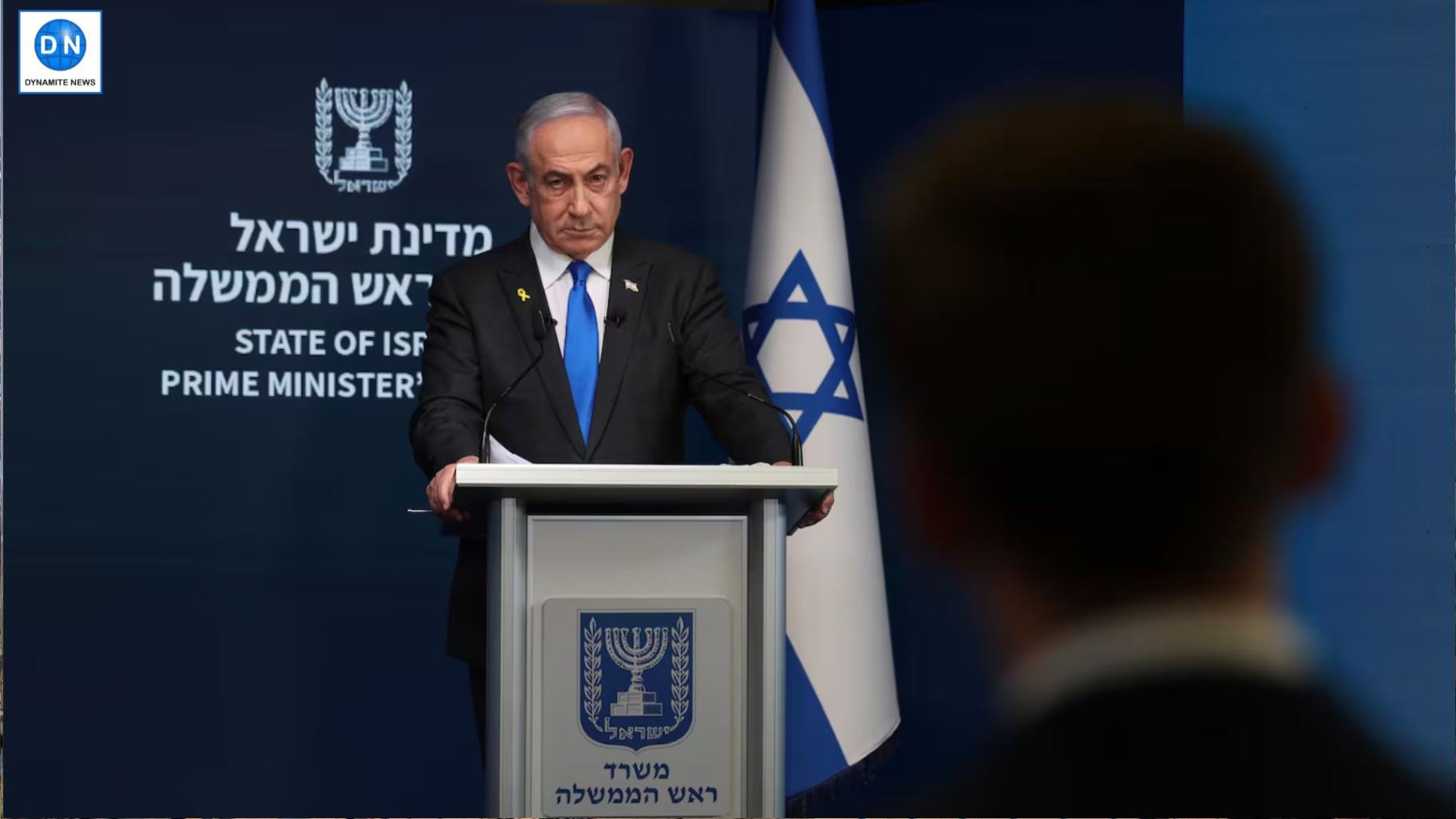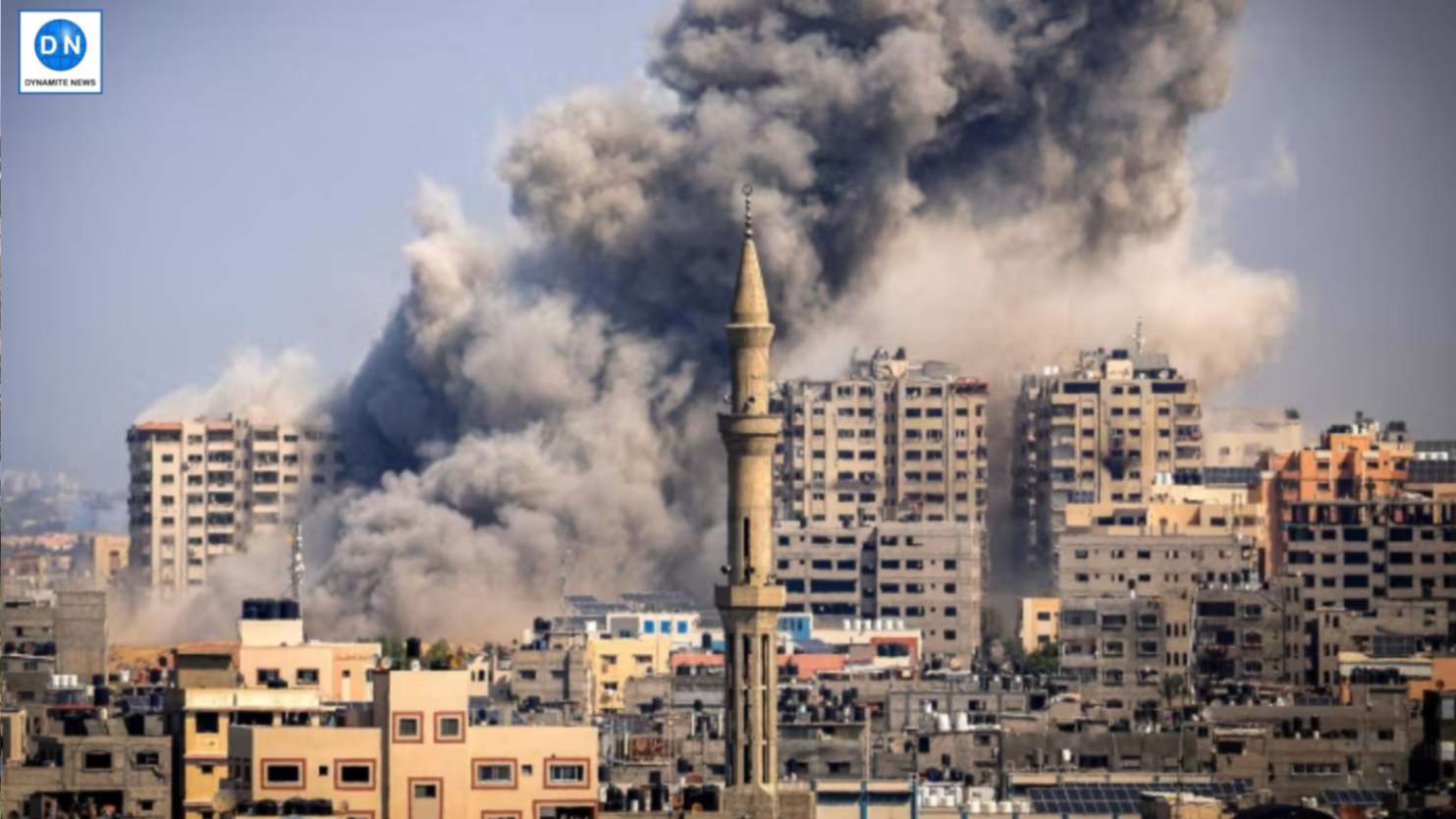Following hours of deliberation on Saturday, Benjamin Netanyahu-led government approved the ceasefire deal, removing the last remaining obstacle to the deal taking effect on Sunday, January 20. Read further on Dynamite News:

New Delhi: Days after Israel and Hamas reached a ceasefire deal, Israeli Prime Minister Benjamin Netanyahu on Sunday said the Gaza ceasefire 'will not begin' until the Palestinian group shared names of the hostages.
"The prime minister instructed the IDF that the ceasefire, which is supposed to go into effect at 8:30am, will not begin until Israel has the list of released abductees that Hamas has pledged to provide,” his office said in a statement.
Earlier on Saturday, following hours of deliberation, Netanyahu-led government approved the ceasefire deal, removing the last remaining obstacle to the deal taking effect on Sunday, January 20.
Here what we know about the truce:
Israeli Hostages & Palestinian Prisoners
The first phase will begin on Sunday and will last six weeks and see a limited prisoner exchange. Dozens of Israeli hostages will be exchanged with hundreds of Palestinian prisoners.
At Tel Aviv’s Sourasky Medical Center (Ichilov), an entire ward has been cleared out and redesigned to receive the released hostages. Nearly 2,000 Palestinian prisoners and detainees will be freed in the same period, CNN reported, citing Israeli government's statement.
Thirty-three Israeli captives, including women, children and civilians over the age of 50 – taken during the Hamas-led attack on southern Israel on October 7, 2023 – will be released. In exchange, Israel will release a larger number of Palestinian prisoners during this phase, including prisoners serving life sentences. Among the Palestinians being released are around 1000 who were detained after October 7, according Al Jazeera news channel.
Troops withdrawal
Second, Israel will start withdrawing its troops from Gaza’s population centres to areas no more than 700 metres inside Gaza’s border with Israel.
Civilians to return to 'decimated homes'
Civilians will start returning to their homes in the enclave’s besieged north. Total 600 trucks of aid will be able to enter Gaza each day under the agreement.
46,000 civilians killed
Over 15 months of Israeli bombardment has caused a humanitarian disaster marked by hunger, disease and a lack of medical care. Over 46,000 Palestinians have been killed since Israel-Hamas war began in October 2023 following Oct 7 attack.

Second & third phase
Details of the second and third phases yet to be negotiated. The negotiation are expected to be completed during the first phase which had to be commenced on Sunday.
According to CNN, negotiations on these stages would only begin on the 16th day of the implementation of the deal. However, another official said Israel is eager to “bring all our hostages back home” and will enter negotiations to enter the second phase of the agreement in good faith, which could lead to the full withdrawal of Israeli forces from Gaza.
If it is determined that the conditions have been met for a second phase, Hamas will release all the remaining living captives, mostly male soldiers, in return for the freeing of more Palestinians held in the Israeli prison system. In addition, according to the current document, Israel would initiate its “complete withdrawal” from Gaza, Al Jazeera reported.
The details of a last phase still unclear and the third phase depend on the success of the first and second phase.
Hamas
There is no clarity who would oversee the administration of Gaza beyond the ceasefire. Currently, Hamas is ruled by Hamas. The group has been the de facto governing body in the Gaza Strip since 2007.

